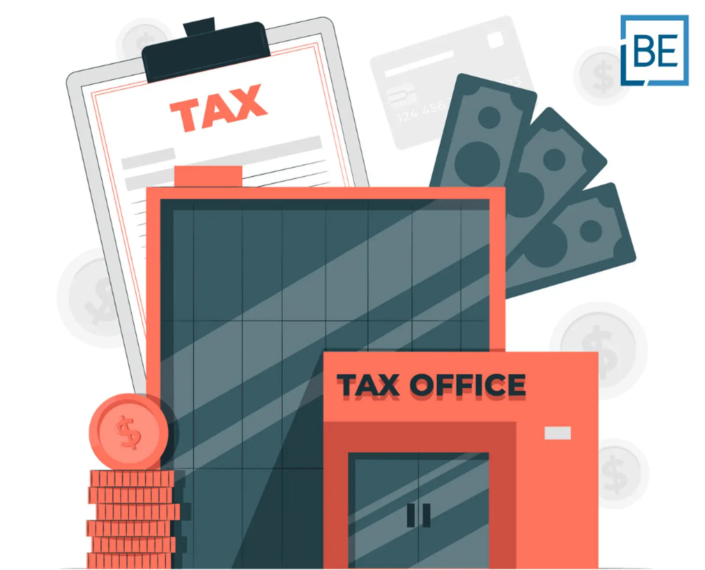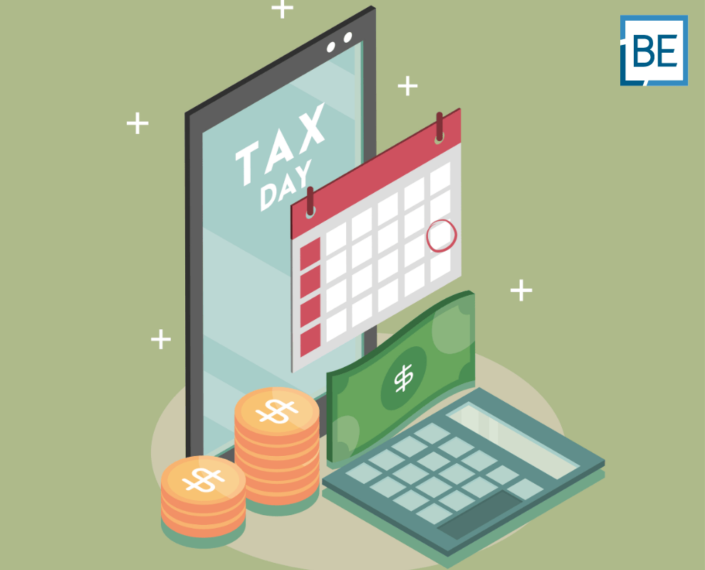en Thaïlande
Certificat électronique pour les brevets et les designs
14/07/2022
Le Département thaïlandais de la propriété intellectuelle (DIP) a introduit des codes QR et des numéros de référence sur les certificats de brevet. Cette initiative permettra aux titulaires de brevets ou à toute autre personne de vérifier et de télécharger une copie électronique certifiée des lettres de brevet via le site web du DIP.
Points clés
- Les certificats de brevet peuvent désormais être vérifiés électroniquement grâce à l'utilisation de codes QR figurant sur le certificat.
- Des signatures électroniques peuvent également être utilisées pour assurer la traçabilité en cas de falsification des informations figurant sur les brevets ou des signatures électroniques.
- Le nouveau système réduira le délai de délivrance d'un certificat de brevet de deux mois à 15 jours.
Quels sont les avantages de l'utilisation des codes QR et des numéros de référence ?
L'utilisation de codes QR et de numéros de référence pour la vérification permet aux propriétaires de recevoir une copie électronique du certificat, évitant ainsi l'envoi d'une version physique.
Cette fonctionnalité permettra des économies de temps et d'argent par rapport à la livraison d'un certificat physique. Le nouveau système réduira le délai de délivrance d'un certificat de brevet de deux mois à 15 jours.
Quand cette fonctionnalité a-t-elle été introduite ?
Le système de codes QR et de numéros de référence pour les certificats de brevet et de petit brevet a été mis en œuvre par le DIP depuis mai 2021.
Comment seront incluses ces caractéristiques dans un certificat ?
Voici comment les caractéristiques seront intégrées dans les certificats physiques (certificats de brevet et de brevet de design) :
1) Papier de sécurité - Le brevet sera imprimé sur un papier de 220 grammes avec les numéros de série dans le coin inférieur gauche.
2) Sceaux officiels - Le sceau royal en bas-relief et le sceau du département de la propriété intellectuelle ("DIP") seront apposés sur le brevet.
3) Code QR - Placé dans le coin inférieur droit du brevet de design et du petit brevet, il permettra d'accéder à la version électronique du certificat via un site web dédié.
4) Vérification en ligne - Les numéros de référence et les codes QR peuvent être vérifiés sur le site https://verify.ipthailand.go.th, avec des instructions détaillées.
5) Numéros de brevets - Ils seront indiqués dans une ligne verticale perforée sur le côté droit du certificat.
6) Signatures numériques - Utilisant le "Public Key Infrastructure" (PKI), elles garantiront l'authenticité des données électroniques et permettront la traçabilité en cas de falsification.
L'essor des transactions électroniques en Thaïlande
Les transactions électroniques font désormais partie intégrante de notre quotidien. Le gouvernement thaïlandais suit cette tendance en développant un système électronique. Ce système permettra d'effectuer diverses démarches telles que le dépôt de demandes, le paiement de taxes et la réception de certificats par des moyens électroniques.
Ce développement s'appuie sur la loi sur les transactions électroniques B.E. 2544 (2001) et le décret royal sur les transactions électroniques dans le secteur public B.E. 2549 (2006). Ces textes établissent que les transactions électroniques ont la même valeur légale que les transactions traditionnelles.
For more information on the use of electronic signatures in Thailand, please take a look at our blog post on the subject ici.
Comment nos experts peuvent-ils vous aider ?
Si vous souhaitez en savoir plus sur la manière dont votre entreprise peut s'y prendre pour s'y retrouver dans les lois sur la propriété intellectuelle, souvent délicates, n'hésitez pas à prendre rendez-vous avec nos experts .
Veuillez noter que cet article est fourni à titre d'information seulement et ne constitue pas un avis juridique.
Nos consultations durent jusqu'à une heure et sont menées par des juristes experts qui parlent couramment l'anglais, le français et le thaï.
Les consultations peuvent être organisées sur WhatsApp ou sur le Logiciel de Vidéoconférence de votre convenance. Une consultation avec l’un de nos experts juridiques est sans aucun doute le meilleur moyen d’obtenir toutes les informations dont vous avez besoin et de répondre à toutes les questions que vous pourriez avoir sur votre nouvelle entreprise ou votre projet.
150 USD
Jusqu'à 1 heure
Paiement en ligne (Paypal ou carte bancaire)
Les consultations juridiques peuvent être menées en anglais, en français ou en thaï.
Les consultations juridiques sont assurées par des des avocats expérimentés dans les domaines concernés.
Questions fréquemment posées
Un étranger peut-il être propriétaire d'un appartement en Thaïlande ?
Les étrangers peuvent être pleinement propriétaires de condominiums en Thaïlande (sous réserve du quota de propriété étrangère pour les développements de condominiums).
Un étranger peut-il être propriétaire d'un terrain en Thaïlande ?
Dans l'ensemble, les étrangers ne peuvent pas posséder de terres en Thaïlande (il existe certaines exceptions qui sortent du cadre de cet article).
Y a-t-il des frais lors de l'achat d'un appartement en Thaïlande ?
L'achat d'un bien immobilier en Thaïlande est soumis aux frais suivants.
Frais de transfert
Le Département foncier de Thaïlande prélève 2 % de la valeur estimée de la propriété.
Taxe professionnelle
La taxe professionnelle s'élève à 3,3 % de la valeur estimée. Toutefois, elle n'est due que si le bien est vendu au cours des cinq premières années de détention. Dans le cas contraire, elle est remplacée par un droit de timbre.
Droit de timbre
Un droit de timbre de 0,5 % de la valeur totale enregistrée de la propriété sera imposé. Lorsqu'une taxe professionnelle spécifique est applicable, le droit de timbre n'est pas requis.
Retenue à la source
L'application de la retenue à la source dépend du fait que le vendeur est une société ou un particulier.
Pour une société, la retenue à la source est fixée à 1 % de la valeur estimée ou à 1 % du prix de vente (le montant le plus élevé étant retenu).
La retenue à la source pour un particulier est calculée à un taux progressif en fonction de la valeur estimée du bien.
Quel type de propriété les étrangers peuvent-ils posséder en Thaïlande ?
La Thaïlande n'impose aucune restriction quant à la nationalité lors de l'achat ou de la vente d'un appartement.
Les étrangers peuvent donc acheter et posséder un appartement.
Articles connexes
Abonnez-vous aujourd'hui
Abonnez-vous aujourd'hui
À notre newsletter pour les dernières actualités juridiques
en Asie du Sud-Est, les mises à jour de Belaws et
les offres spéciales sur nos services.
To our newsletter today for all the latest legal news in South East Asia,
Belaws updates and special promotions on our services.






 Airbnb and the Tourism Authority of Thailand work together to promote remote work
Airbnb and the Tourism Authority of Thailand work together to promote remote work